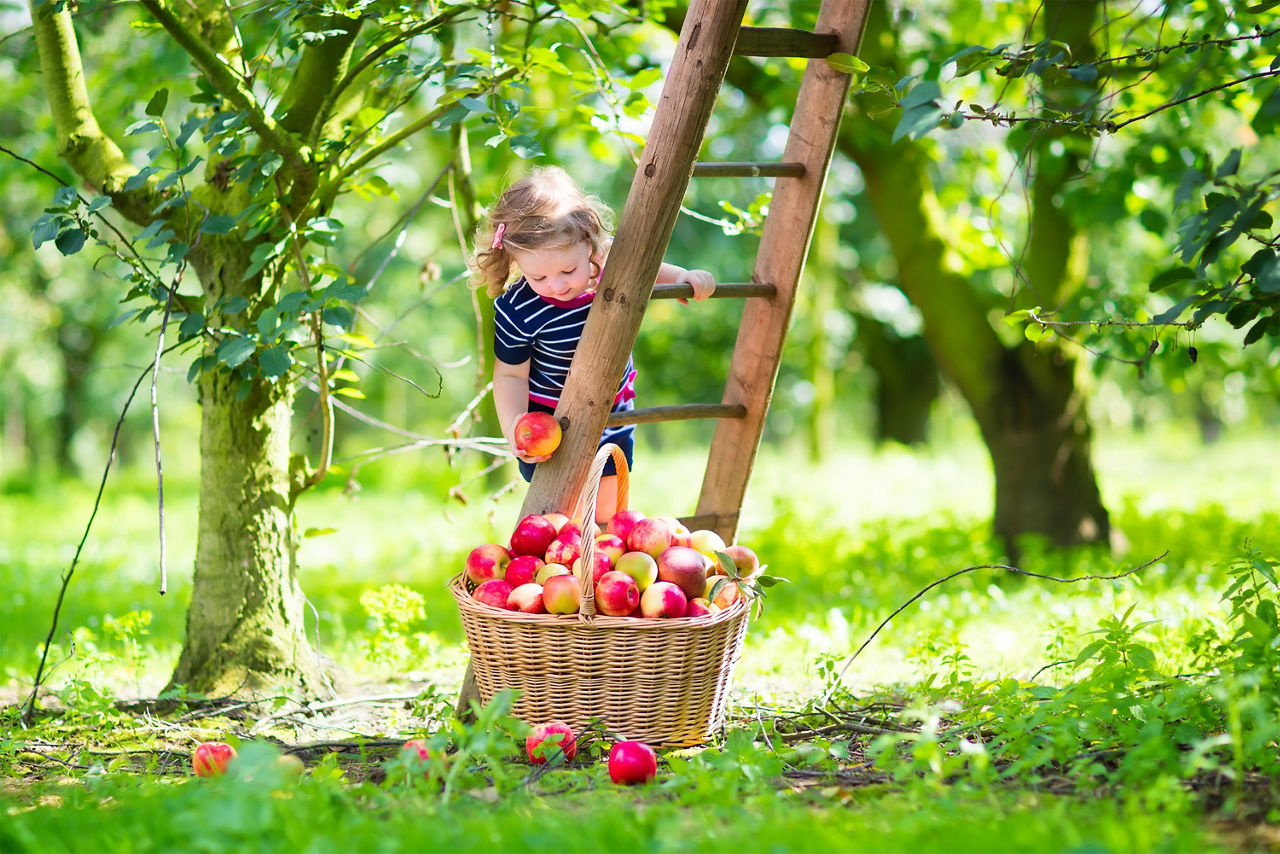Aptamil Organic - What is Organic

What does ‘Organic’ mean?
The term ‘Organic food’ refers to an approach to farming and food production which aims to deliver a breadth of benefits across the whole food system. This is achieved through adherence to a strict set of standards, including using resources responsibly and ensuring high levels of animal welfare, to limit impact on the environment1.
Benefits of Organic:
Organic farmers rely on natural resources available to them to promote a sustainable approach to food production. Farmers also use fewer pesticides, avoid artificial fertilisers2, rely on natural pollination, and include a wider variety of plants to promote biodiversity and enhance soil health, all to contribute to reducing environmental pollutions1.
Enhancing soil fertility
Organic farmers use natural methods including use of manure, compost and careful crop rotations in order to maintain fertile soils and prevent soil erosion. As a result, organic farms have been shown to have a more diverse range of microbes living in the soil3, which encourages crop growth without the need for artificial fertilisers2.
Supporting wildlife
Insects are crucial inhabitants of our farms playing key roles in pollination, the food chain and in maintaining soil fertility. Organic agriculture promotes an ecologically diverse environment through actively encouraging more wildlife onto farms4.
Supporting animals
Organic agriculture upholds high standards of animal welfare, insisting on accessible spaces for animals to graze and forage more naturally; having plenty of space in enclosures; and feeding animals a diet which is as natural as possible, all targeted at creating conditions that suit their natural behaviours1.
What does the Organic certification mean?
Organic standards are set for all processes involved in organic food manufacturing, production, storage and sales. Certification validates that a food product complies with these legal standards.
For a product to be labelled as ‘Organic’ in the EU it must comply with a set of high standards set by the European certifier in the country the product was produced. In addition, organic producers selling products in the UK must also comply with additional standards, set by a UK specific certifier, such as The Soil Association. The Soil Association Certification covers the same legislation as the EU certification, with additional, more stringent measures in place for livestock production.
To read more about Aptamil Organic, click here.
- Soil Association Standards: Farming and growing, version 18.4, 2020. https://www.soilassociation.org/media/15931/farming-and-growing-standards.pdf
- Reganold JP, Wachter JM. Organic agriculture in the twenty-first century. Nature plants 2016;2(15221)
- Lori M et al. Organic farming enhances soil microbial abundance and activity. a meta-analysis and meta-regression. Plos One 2010;12(7)
- Scialabba NEH, Müller-Lindenlauf M. Organic agriculture and climate change. Renewable Agriculture and Food Systems 2010;25(2):158-169
